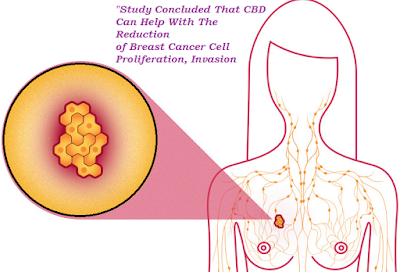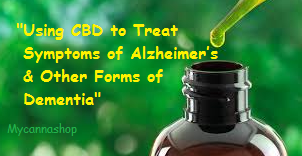Researchers provide further evidence that the cannabis compound, CBD, is effective at reducing seizures in people with epilepsy.
The new study reveals CBD significantly reduced seizures in people with Lennox-Gastaut syndrome. Previously, the researchers demonstrated CBD was effective at seizure control in Dravet syndrome.
Cannabidiol (CBD), a compound derived from the cannabis plant that does not produce a “high” and has been an increasing focus of medical research, was shown in a new large-scale, randomized, controlled trial to significantly reduce the number of dangerous seizures in patients with a severe form of epilepsy called Lennox–Gastaut syndrome.
In the new study comparing 2 doses of CBD to a placebo, the researchers reported a -41.9% reduction in “drop seizures” (a type of seizure that results in severe loss of muscle control and balance) in patients taking a 20 mg/kg/d CBD,
-a 37.2 percent reduction in those on a 10 mg/kg/d CBD and
-17.2 percent reduction in a group given a placebo.
“This new study adds rigorous evidence of cannabidiol’s effectiveness in reducing seizure burden in a severe form of epilepsy and, importantly, is the first study of its kind to offer more information on proper dosing,”
says Dr. Devinsky.




















